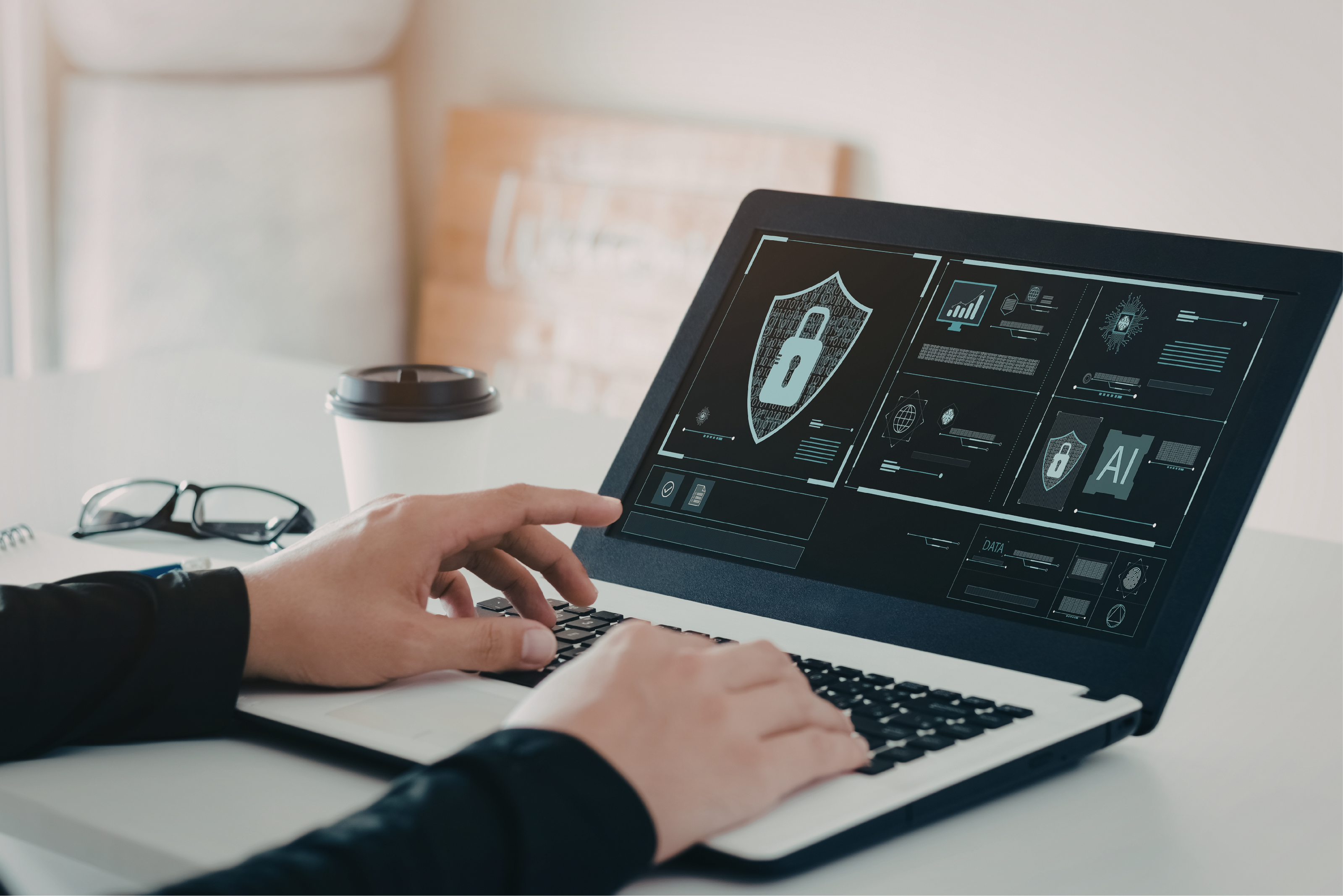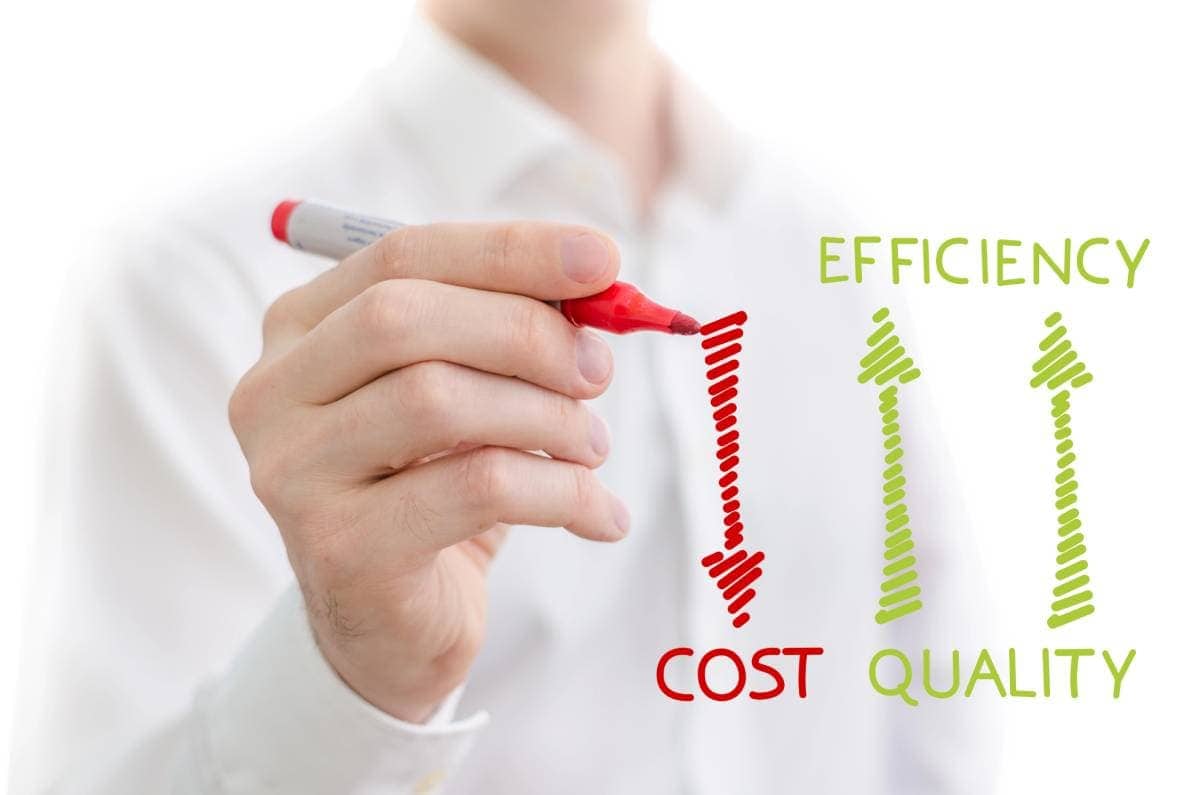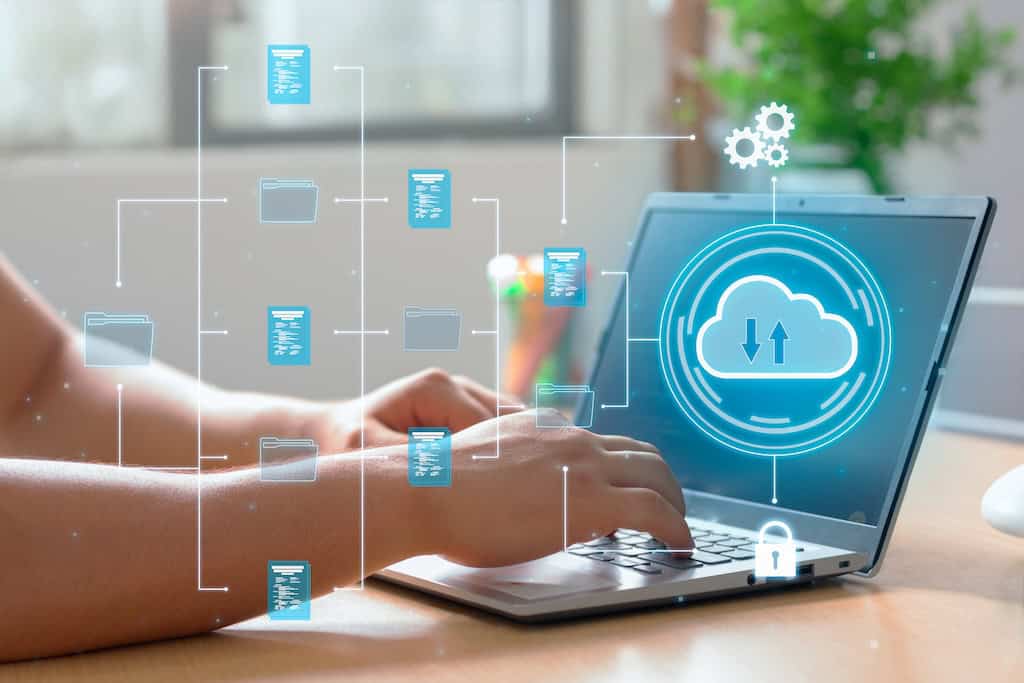Portland Accounting IT Solutions: Benefits of IT Management for CPAs
Proactive IT management is a strategic approach that anticipates and addresses potential issues in IT infrastructure before they escalate into...
6 min read
Nick : Updated on October 27, 2025
.jpg)
The days of lawyers being chained to their desks, surrounded by mountains of paper files, are long gone.
Today, legal work happens everywhere: in court, at a client’s office, during the commute, and from a home office. This mobility is powered by smartphones, tablets, and laptops; devices that have become indispensable tools of the trade. But with this newfound freedom comes a significant risk. Each device is a potential gateway for a data breach, putting sensitive client information and your firm's reputation on the line.
As we discussed in our guide, Law Firms of Tomorrow Run on IT Infrastructure Today, a robust IT foundation is no longer optional; it's the engine that powers a modern, secure, and competitive practice. A key component of this infrastructure, especially in our mobile-first world, is Mobile Device Management, or MDM. This guide will explain what MDM is, why it's not just a good idea but a critical necessity for law firms, and how implementing it correctly can protect your firm, empower your team, and build client trust.
Think of Mobile Device Management (MDM) as a digital command center for all the mobile devices used in your firm. It's software that allows your IT department or a managed service provider to monitor, manage, and secure every smartphone, tablet, and laptop connected to your network, whether they are firm-owned or personal devices used for work (a practice known as Bring-Your-Own-Device or BYOD).
MDM isn't about spying on your employees. It’s about creating a secure, consistent environment across all devices to protect your most valuable asset: client data. Through a centralized platform, an administrator can enforce security policies, manage applications, and even remotely lock or wipe a device if it’s lost or stolen. It's the essential tool that makes secure mobile work possible.
The legal profession operates on a foundation of trust and confidentiality. Clients share their most sensitive information with the expectation that it will be fiercely protected. The American Bar Association (ABA) reinforces this with its Model Rules of Professional Conduct, which mandate that lawyers make "reasonable efforts" to prevent unauthorized access to client information.
In an age where nearly 90% of lawyers use their smartphones for work purposes, "reasonable efforts" must extend beyond the office walls. A lost phone or a stolen laptop without proper safeguards is a data breach waiting to happen. The consequences can be devastating:
MDM provides the framework to meet these ethical and regulatory obligations head-on, transforming a major vulnerability into a well-managed and secure aspect of your firm’s operations.
Implementing an MDM solution is more than just a defensive move; it provides a suite of benefits that enhance efficiency and productivity across your firm.
MDM enforces encryption on all managed devices, rendering the data unreadable to anyone without authorization. It also allows for the "containerization" of data, creating a secure, isolated space on a device for all firm-related information. This separates work data from personal data, preventing accidental leakage, like an email with confidential attachments being forwarded from a personal account. If a device is compromised, the secure container remains locked down.
Imagine a partner leaves a firm-issued tablet in a taxi. It contains case files, client communications, and court strategies. Without MDM, this is a crisis. With MDM, your IT administrator can remotely lock the device instantly. If it can't be recovered, they can perform a remote wipe, deleting all sensitive firm data and ensuring it never falls into the wrong hands. This capability turns a potential disaster into a manageable inconvenience.
Not all apps are created equal, and some pose significant security risks. MDM allows your firm to create an approved list of applications that can be installed on work devices. This prevents employees from downloading malicious or unsecured apps that could compromise your network. It also ensures that every team member has the correct, updated versions of essential legal software, from case management systems to secure communication platforms.
Demonstrating compliance with industry regulations can be a time-consuming burden. MDM systems simplify this by generating detailed logs and reports on device activity, security policy enforcement, and access controls. When an audit is required, you can quickly produce documentation proving that your firm is taking the necessary steps to protect client data, satisfying requirements from the ABA, state bars, and other regulatory bodies.
For many small-to-mid law firms, MDM or EMM covers the core needs. Larger firms with blended device fleets often prefer UEM for operational simplicity.
When evaluating vendors or MSP proposals, push for these items in plain English:
Ask vendors for a short demo showing: device enrollment, a BYOD workflow, a selective wipe, and a generated audit report.
The shift to mobile work is irreversible. The question is not whether your firm will embrace it, but how you will manage the associated risks. A robust IT infrastructure, with MDM as a cornerstone, is the answer.
Navigating the complexities of selecting, implementing, and managing an MDM solution can be challenging. Your expertise is in the law, not IT architecture. This is where a strategic partner like Heroic becomes invaluable. With decades of experience serving the legal industry, we understand the unique security, compliance, and operational challenges you face.
We don't just sell technology; we build strategic IT roadmaps tailored to your firm's specific goals. From designing a secure cloud infrastructure to providing 24/7 monitoring and advanced threat detection, we handle the technology so you can focus on what you do best: serving your clients.
Are you ready to build a firm that can thrive securely in a mobile world? Contact Heroic today for a strategic consultation.
Yes. This is a common scenario called Bring-Your-Own-Device (BYOD). MDM solutions are specifically designed for this, using containerization to create a secure, separate partition on a personal device for all work-related data and applications. This protects the firm’s data without interfering with the user’s personal information.
When implemented correctly, MDM should operate seamlessly in the background. A good IT partner will focus on balancing security with usability, ensuring that security measures don't create unnecessary friction for your team. The goal is to make secure work habits easy and intuitive.
Absolutely. Modern cloud-based MDM solutions are scalable and have made enterprise-grade security accessible and affordable for firms of all sizes. The cost of implementing an MDM solution is minimal compared to the potential financial and reputational cost of a single data breach.
Proactive IT management is a strategic approach that anticipates and addresses potential issues in IT infrastructure before they escalate into...

Remember when a simple password felt like enough to guard your digital kingdom? Those days are long gone. Industry research, including Verizon’s Data...

Picture this: It’s 2:00 PM on a Tuesday. You’ve just finished a heavy lunch, and now you’re sitting in a dimly lit conference room, or worse, staring...

Microsoft Intune is a cloud-based unified endpoint management solution that plays a pivotal role in modern IT environments. It’s designed to handle...
.jpg)
Ever feel like your law firm's technology is held together with digital duct tape? You're not alone.

The legal industry is evolving, and technology is at the forefront of this transformation. Cloud computing is no longer just a luxury for law firms;...